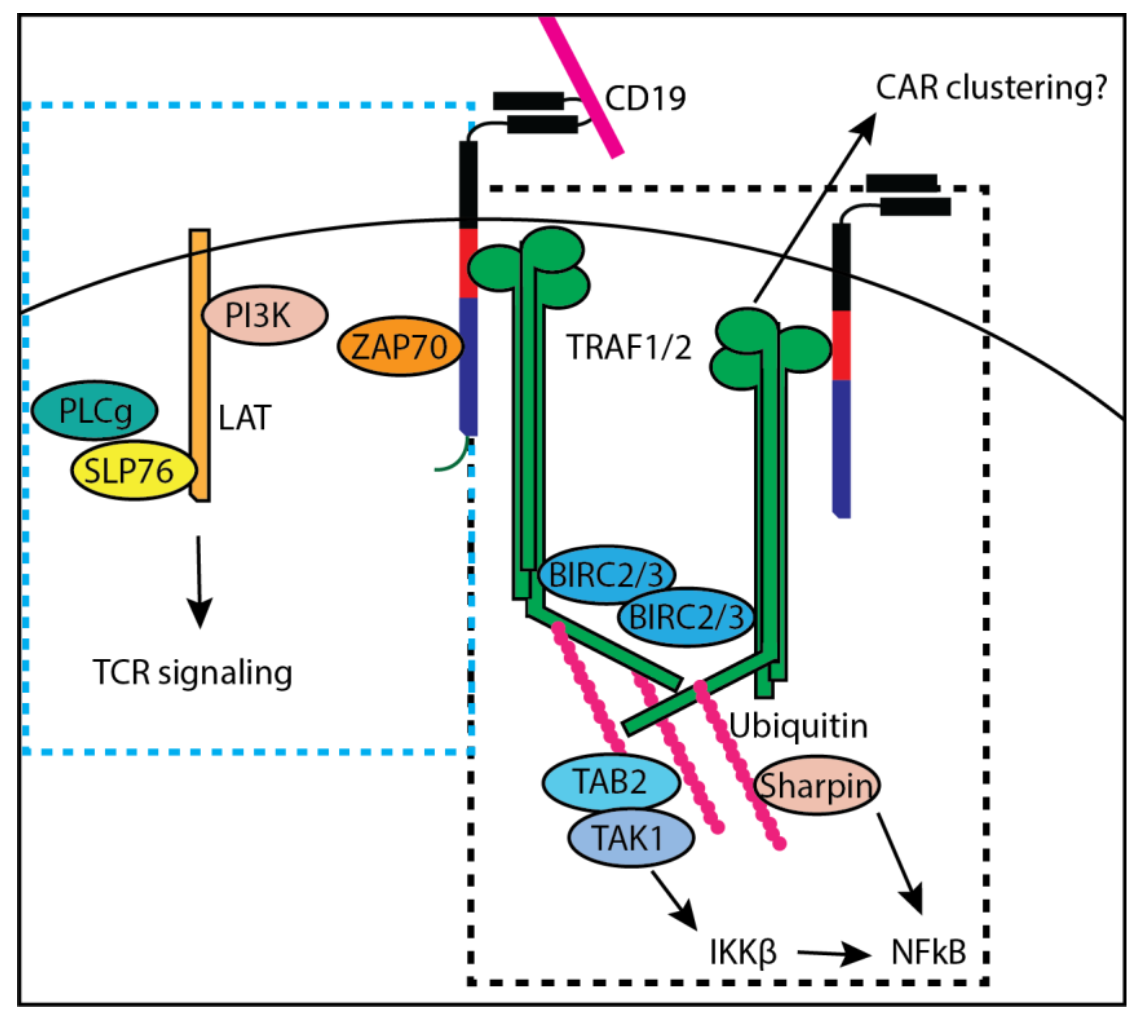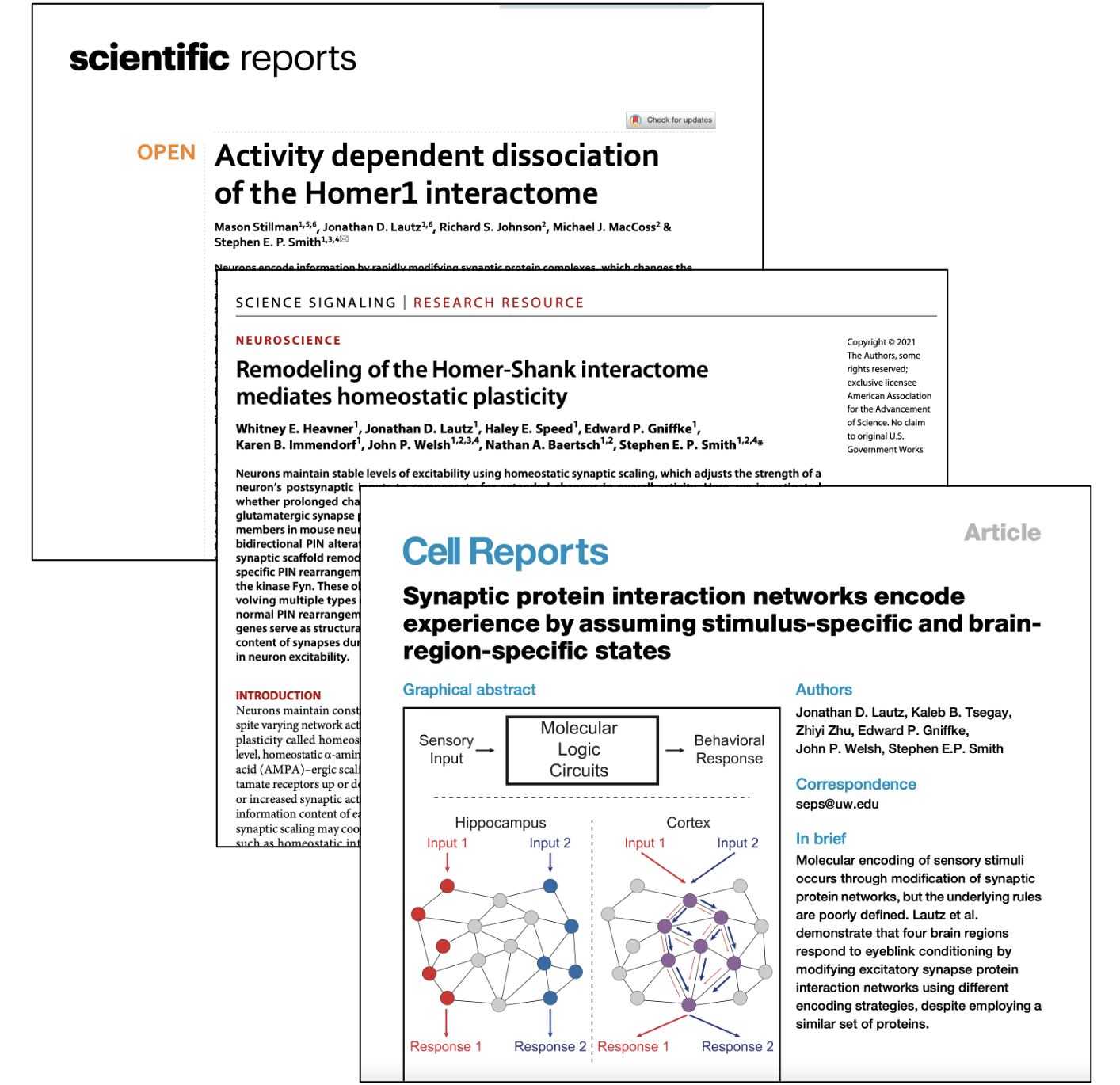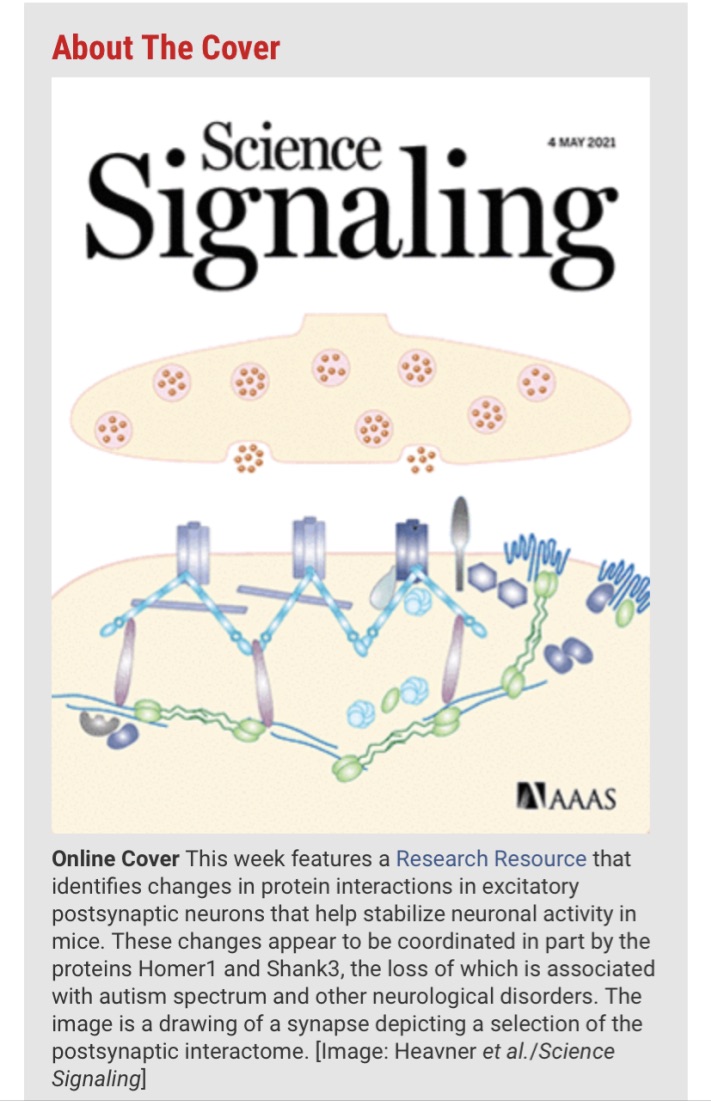The SEPS lab was recently awarded a 5-year R01 grant to study mTOR signaling in primary neurons, which differs substantially from that observed in immortalized cultured cells. We are seeking an exceptionally talented and motivated postdoc to lead a large collaboration of SCRI and UW researchers as we advance our understanding of this important signaling system. The successful candidate will work closely with a technician and graduate/undergraduate students to plan and supervise several parallel lines of investigation involving altered signal transduction in autism, using genetic mouse models and primary neuronal cell cultures. The candidate will be expected to independently move projects forward, write papers, and apply for F32 or equivalent grants. The ideal candidate will have the ability to perform precise wetlab work and complex bioinformatics analyses using MatLab and R programming. Prior experience in molecular or behavioral biology, and/or working with mouse models of neuropsychiatric disease is a plus. Creative, big-picture thinking and dedication academic research are essential. Please email a cover letter and CV to seps@uw.edu for consideration.
Author: seps
mTOR team: preprint and Funding
The mTOR team, led by recent PhD graduate and lab alum Devin Wehle, has published its second paper as a pre-print, available here. They’ve discovered that the mTOR protein interaction network behaves in a fundamentally different way in primary cultured neurons compared to immortalized cell lines in which mTOR is usually studied– mTOR activation (measured by phosphorylation) leads to widespread dis-association of mTOR protein complexes (measured by QMI). This surprising result will open a new (R01-funded) line of investigation into how the mTOR network conveys information in neurons- and how that information flow may be disrupted in neuropsychiatric disorders.
2025 Update
It’s been a while since I’ve updated the web site. The lab has published three papers in the past year or so- One from each of the Autism/synapse team (https://pubmed.ncbi.nlm.nih.gov/38297084/), the CAR T cell team (https://pubmed.ncbi.nlm.nih.gov/38442200/) and the mTOR team (https://pubmed.ncbi.nlm.nih.gov/37741456/). Congratulations to all involved!

CAR T cell paper is now online at Bioarxiv

Our most recent preprint is up! We’ve done a deep-dive into the protein interactions engaged by CARs. Now to get it through review…
Papers published

The SEPS lab has published three papers since I’ve last updated the website. Some great work by Jon, Whitney and Mason.

Homeostatic Scaling paper at Science Signaling
Congratulations to Whitney, Jon, and everyone involved in contributing to this great article, on the cover of Science Signaling this week.
COVID-19 inhibition assay is on MedRxiv!

Congrats to Ted on his first, first-author paper describing some new IP-FCM assays that he’s been working non-stop on for the past two months. We detect anti-SARS-CoV-2 antibodies in almost all recovered patients, and we detect inhibition of SARS-2 spike protein binding to its receptor, ACE2. Our cell-free inhibition assay, based on IP-FCM, could be useful to quantify immunity in recovered patients or vaccine trials. Big thanks to our collaborators at SCRI, Drs. Whitney Harrington, Noah Sather and Lisa Frenkel. We’re very proud to be a small part of the global, collaborative effort to fight COVID-19.
https://www.medrxiv.org/content/10.1101/2020.06.09.20127050v1
Lab technician wanted
An entry-level tab technician position is available in the SEPS lab at SCRI! The ideal candidate will have a strong interest in molecular biology, neuroscience and/or immunology, as well as some basic undergraduate experience in a lab environment. Prior experience with Luminex bead-based assays, proteomics and/or flow cytometry are desirable. More than any specific skill, we seek a candidate who is intelligent, driven, good with a pipette, and willing and able to learn new techniques. Duties include genotyping and maintenance of the mouse colony, daily running of the QMI assay (video available on JOVE), neuronal tissue culture, and general lab upkeep. The SEPS lab is a fast-paced, collaborative and friendly environment, so the ability to work well as a team is also critical. Please submit a cover letter and CV through the Seattle Children’s job site , and an email to introduce yourself won’t hurt either!
SEPS lab is awarded an R01 from NCI!
In collaboration with Mike Jensen’s CAR T cell group, the SEPS lab has been awarded a 5-year grant from the National Cancer Institute! Will will use our QMI platform to investigate how CAR T cells transmit intracellular activation signals upon antigen engagement. We hope identify protein interactions that correlate with positive or negative outcomes, in order to perform a ‘personalized signal transduction analysis’ for each batch of cells, before infusion into the patient. More to come…
Homeostatic scaling paper live on BioARxIV
Whitney has been working for over a year on experiments characterizing the synaptic protein interaction network (PIN) response to homeostatic scaling. We’ve uploaded the pre-print to BioARxIV, and submitted to a great journal! Congrats to Whitney and all co-authors